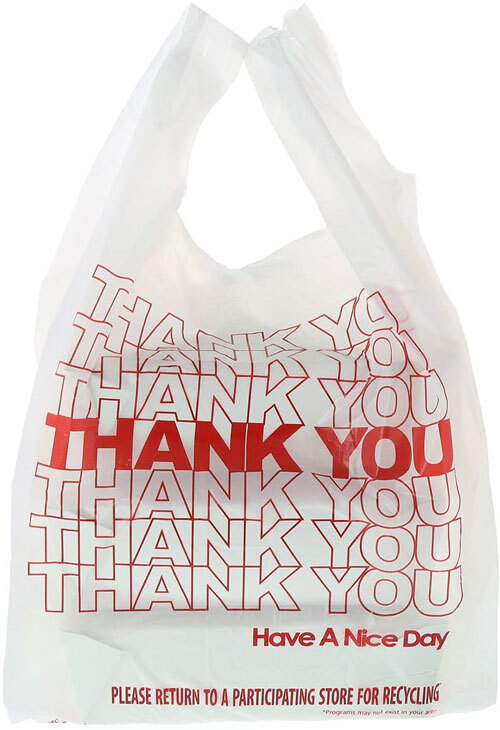Modifier out of Place?
Not infrequently, when you write, you need to modify something twice, and this can lead to confusion. What does that second modifier refer to—does it refer to that original thing or to something in the first modifier?
For example:
These frequently criticized single-use bags, which have made something of a comeback in the COVID-19 era, are the byproduct of natural gas extraction, effectively reusing ethane gas that would be otherwise wasted by turning it into plastic.

What does “by turning it into plastic” refer to? The bag, or ethane? Does it mean “wasted by turning it into plastic,” or does it mean “reusing ethane gas by turning it into plastic”?
The context of this essay makes it pretty easy to figure out what the sentence means, but the sentence jumped out at me because “by turning it into plastic” has to jump over the closest candidate, “wasted” to get to its referrent.
You can’t always do it, but when you use a modifier, try to make the modifier refer to the closest candidate.
Subscribe to this blog's RSS feed
Avoid Ambiguity—Always
Separable verbs have a certain amount of flexibility—sometimes you put both parts of the verb together and sometimes you can separate them. Here’s a sentence in a weather report that could go either way, but one way doesn’t make sense. Beware of this possibility when you write!
Gusty winds may also blow around unsecured objects.
So what’s blowing around? Does the wind go around the objects, or does the the wind blow the objects around?
The warning was issued April 26, 2020, so you don’t need to worry. It was pretty windy that day.
Here’s a picture:
Here’s the rule:
If it can be misunderstood, rewrite it!
How Many Consonants Can You Pronounce Together?
The word “strengths” is well known (well, in linguistic circles) for the fact that if you say the whole word, you pronounce four consonants in a row, even though people frequently leave out the “th.” Pronounce strengths fully: s-tr-eng-k-th-s. Or the lazy way, s-tr-eng-k-s.
Another word that follows this pattern occurred to me: twelfths. Often we say “tw-el-f-s” but we can also say “tw-el-f-th-s.” How do you pronounce it?
So. Can you think of any other words like these? Add them to the comments.
Lying with Statistics
Maybe “lying” is a bit strong here, but it’s a good illustration of how you can tell the truth and still distort things. Here’s the chart:

Beautiful News is a site about graphics; it doesn’t seem to have a political agenda per se, but this is a good example of how not to label a graph.
It makes a reduction by half take up the whole chart! The bottom line should be zero. I think we have a lack of detail here, too. Was the decline in incarcerations really a straight line? What happened in the years before 2006 and after 2016? I think the chart’s purpose is to make a statement, not to give information.
Harrumpf.
PS—I ran into another mis-drawn graph. The left margin of the graph should start where the lines start to go up, and spread out the jagged lines.

Two More Portmanteau Words
Last panel:

A portmanteau is when you make a new word by combining two (or more) words. Putting them in the same suitcase (aka portmanteau) as it were.
